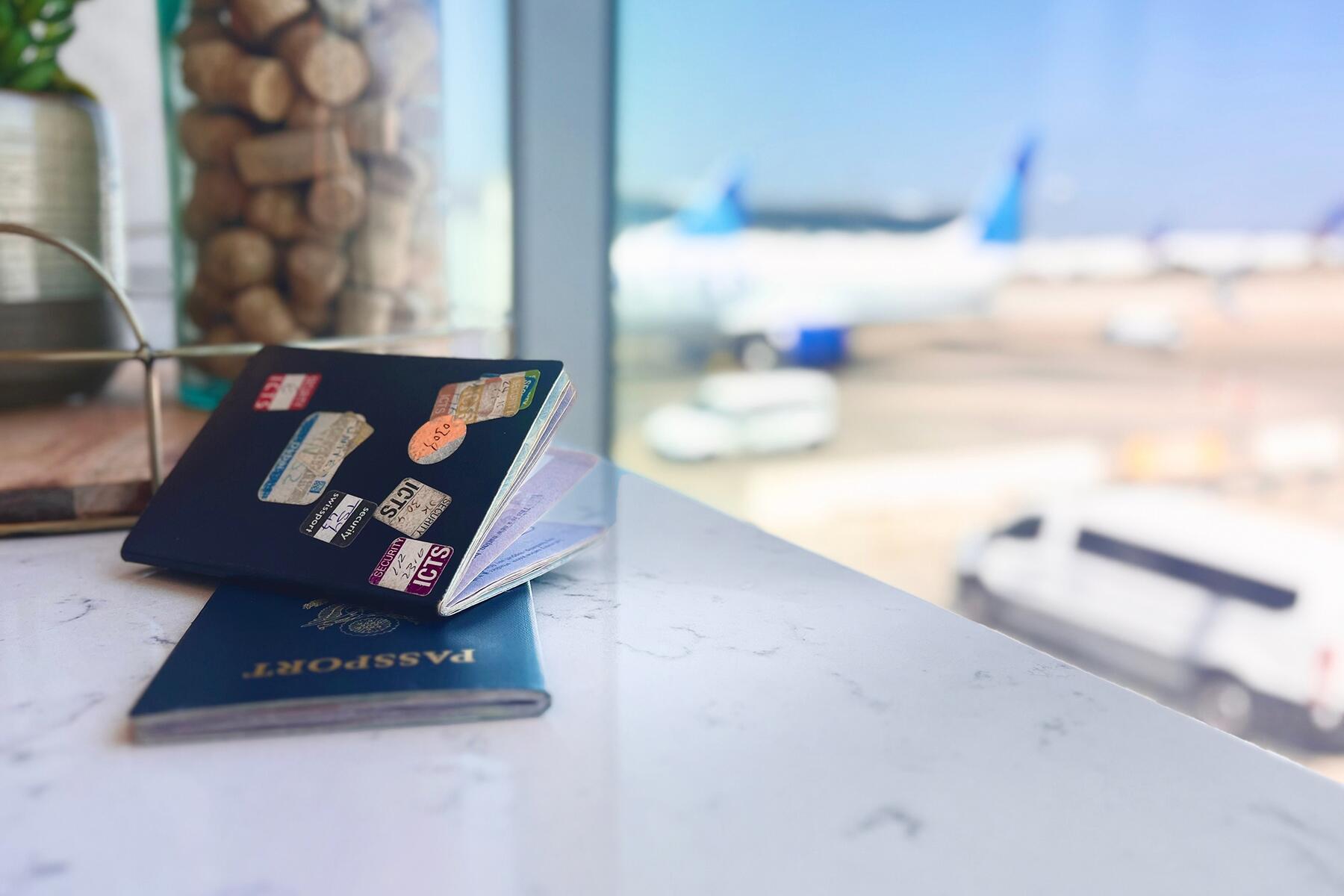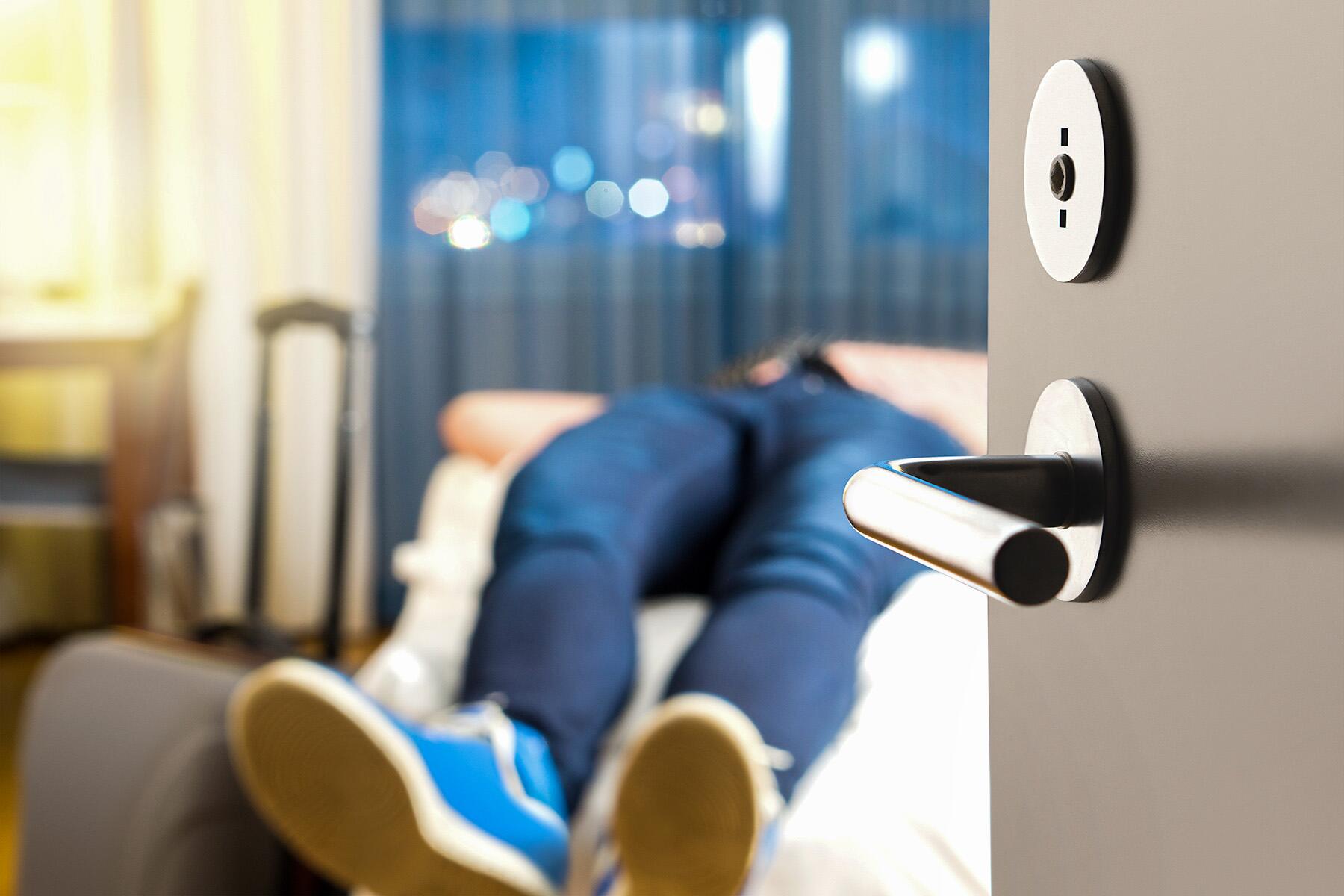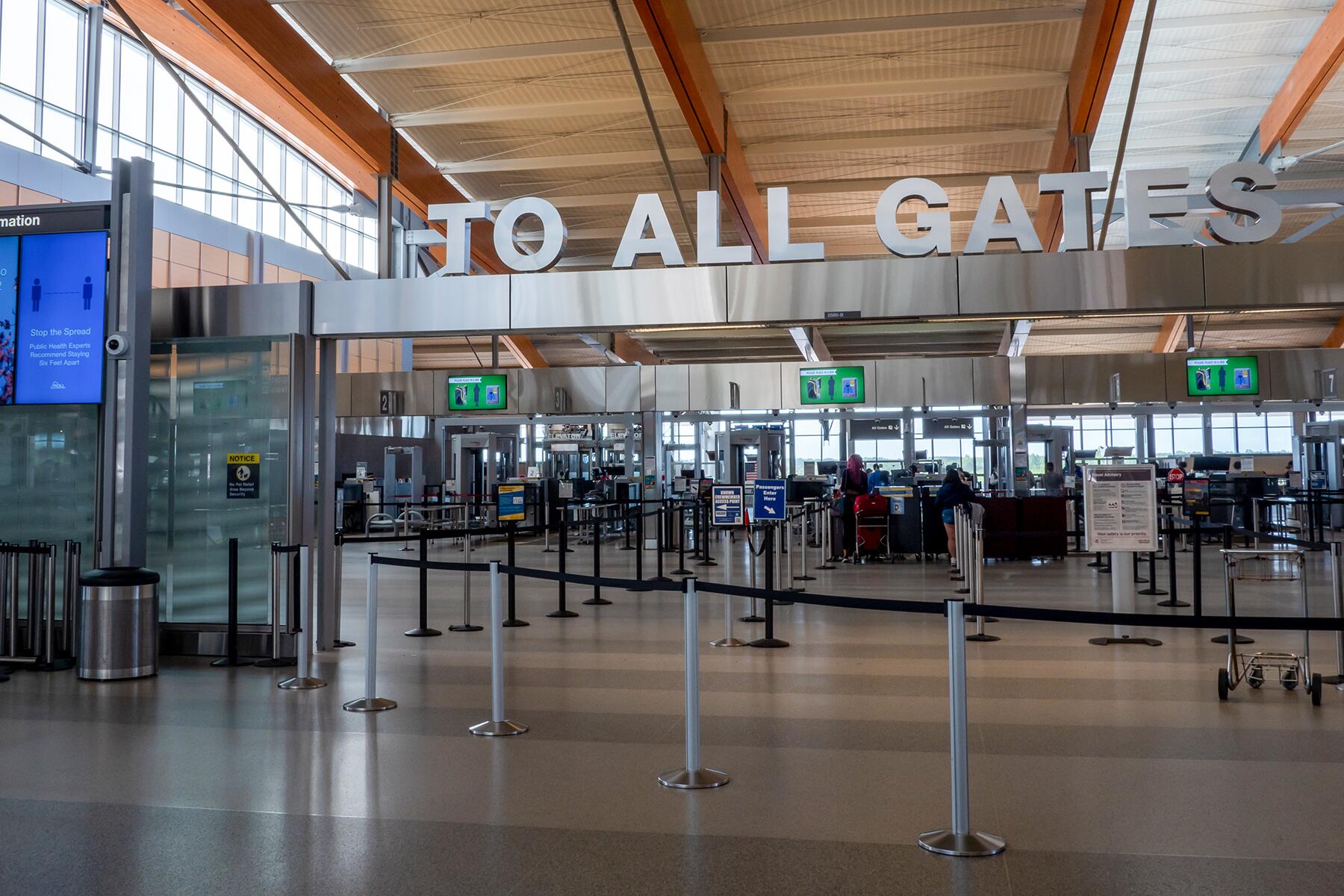A gentle reminder of a giant no-no when you're traveling.
It’s almost automatic now: landing at a new destination and connecting to their public Wi-Fi. Many world airports have a free service (at least for a couple of hours), making it easier to book Ubers or taxis or call people to relay when you’ve landed. But the problem is that public Wi-Fi networks are unsafe, and hackers can easily find a way into your device and all your activities while you’re waiting at the baggage belt.
According to research by VPN service company NordVPN, one in four travelers have been hacked while using public connections at train stations, bus stations, or airports. According to their survey, nearly 50% of respondents use public hotspots, while 63% of people don’t know if they are using a secure website.
Travelers are frequently unaware of the correct name of a hotspot, so they’re easily duped into connecting to dummies set up by hackers. Even if you’re connected to the valid airport Wi-Fi, it’s an open network and is not secure–a hacker can insert its device between your device and the connection, known as a man-in-the-middle attack. Hackers can then intercept the data you think you’re sending to the network.
The risks are not limited to snooping on your browsing activities. Hackers can also gather valuable information, including passwords, banking details, credit card numbers, and private emails. The laundry list of cybercrimes is long, but hackers can use your data for identity fraud, bank fraud, credit card fraud, extortion, email fraud, and ransomware attacks.
Recommended Fodor’s Video
The U.S. government has even warned its employees and contractors to steer clear of public networks. The National Security Agency released a document with warnings and best practices—avoid public Wi-Fi, use a VPN, keep your devices updated, turn off Wi-Fi when not in use, enable firewalls, and log out of public networks.
“Accessing public Wi-Fi hotspots may be convenient to catch up on work or check email, but public Wi-Fi is often not configured securely. Using these networks may make users’ data and devices more vulnerable to compromise, as cyber actors employ malicious access points (Masquerading), redirect to malicious websites, inject malicious proxies, and eavesdrop on network traffic (Network Sniffing),” the NSA warned.
So, What Can You Do?
According to Norton’s Wi-Fi Risk Report 2017, 92% of Americans have potentially risked their personal information while accessing public Wi-Fi. So, the logical thing would be to avoid them as much as possible.
Second, turn off the feature on your phone that automatically connects to a network. If you have used a station or airport Wi-Fi in the past, your device will automatically connect you to the same network when it’s in range. However, open networks can have “evil twins”—hotspots that hackers set up with the same names.
If you have to use a public network, confirm its name with someone who works there. And always use it with a VPN (Virtual Private Network). A VPN protects your data, location, and identity by establishing a secure connection between your device and the internet.
NordVPN cybersecurity expert Daniel Markuson says that 78% of people don’t use VPNs while connected to a public network, making them vulnerable to cybercrimes. But it’s not too technical to get a VPN. Many companies offer easy-to-use VPN services these days.
And most importantly–never make payments or bookings when using a public Wi-Fi network.



